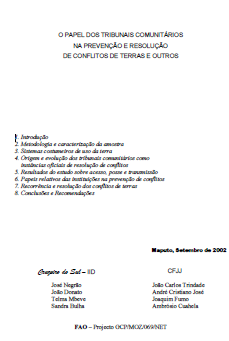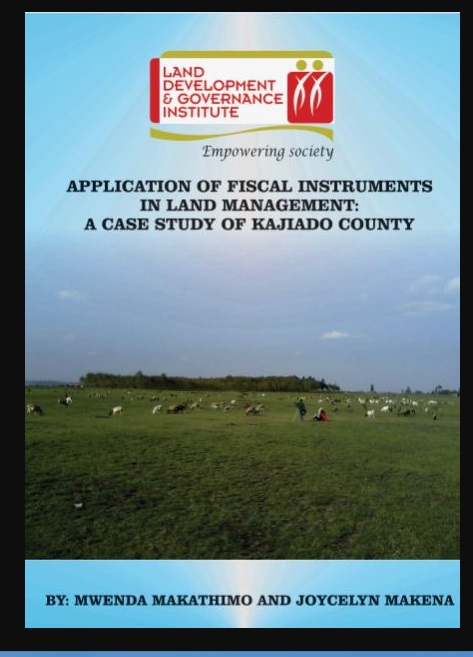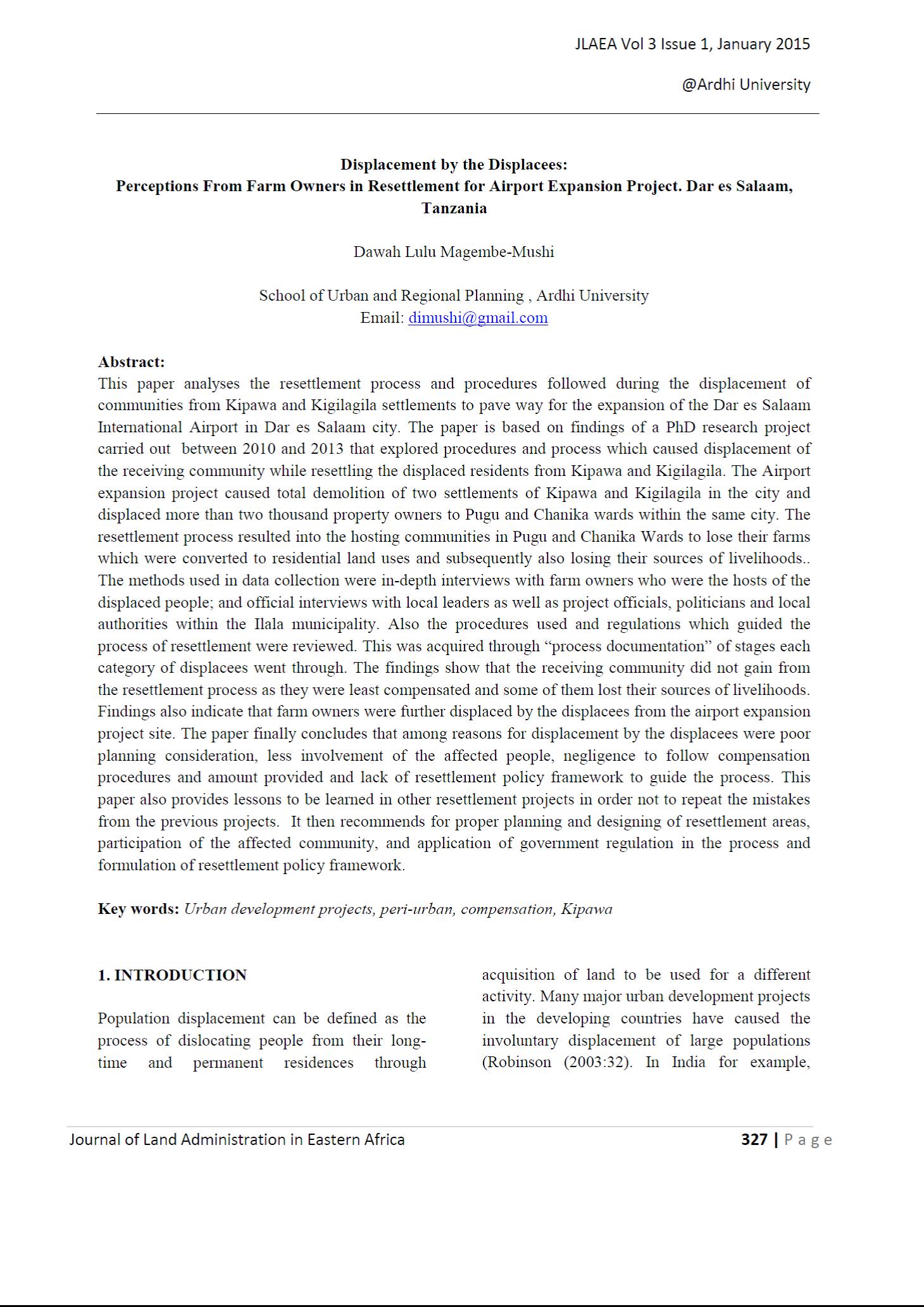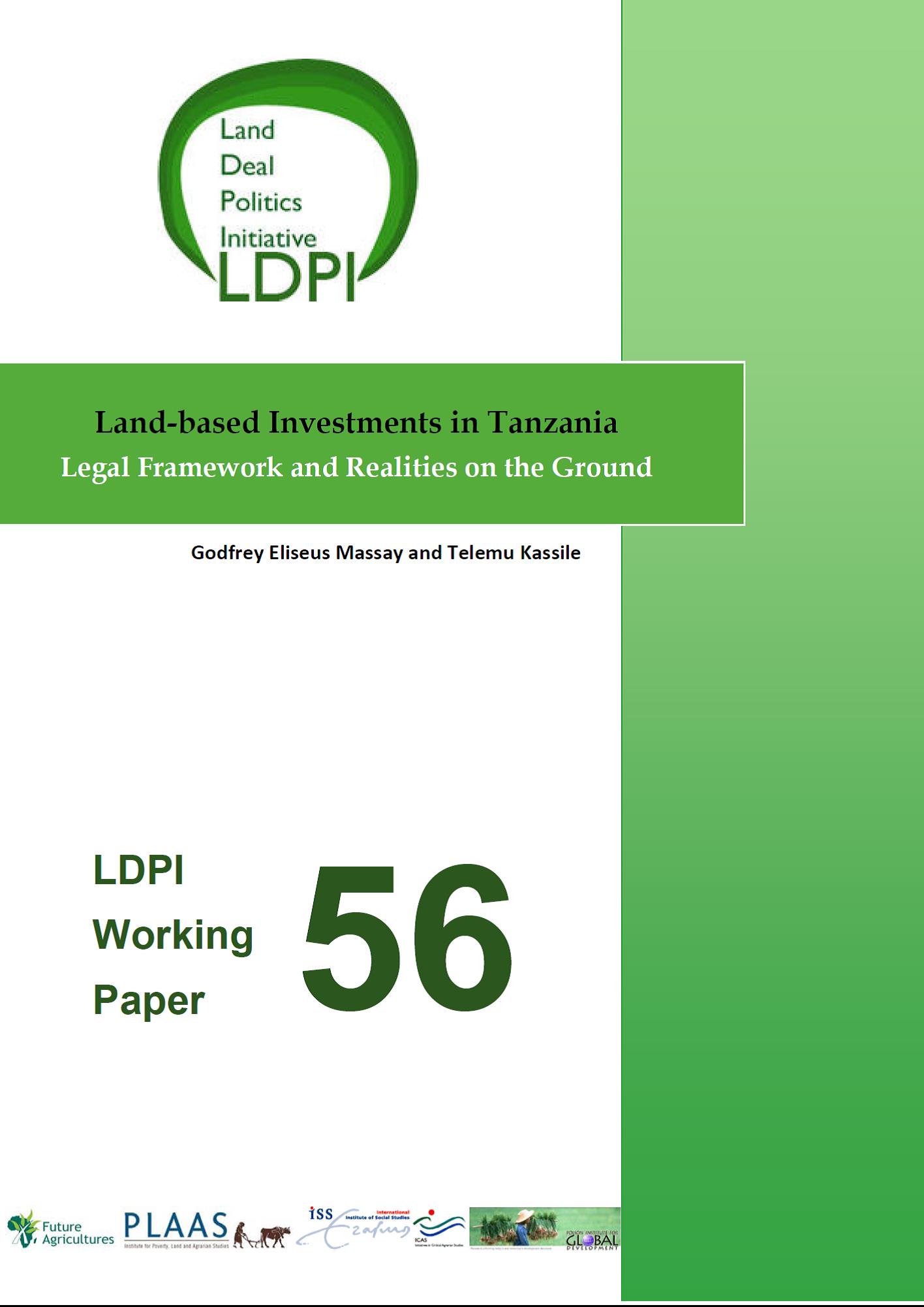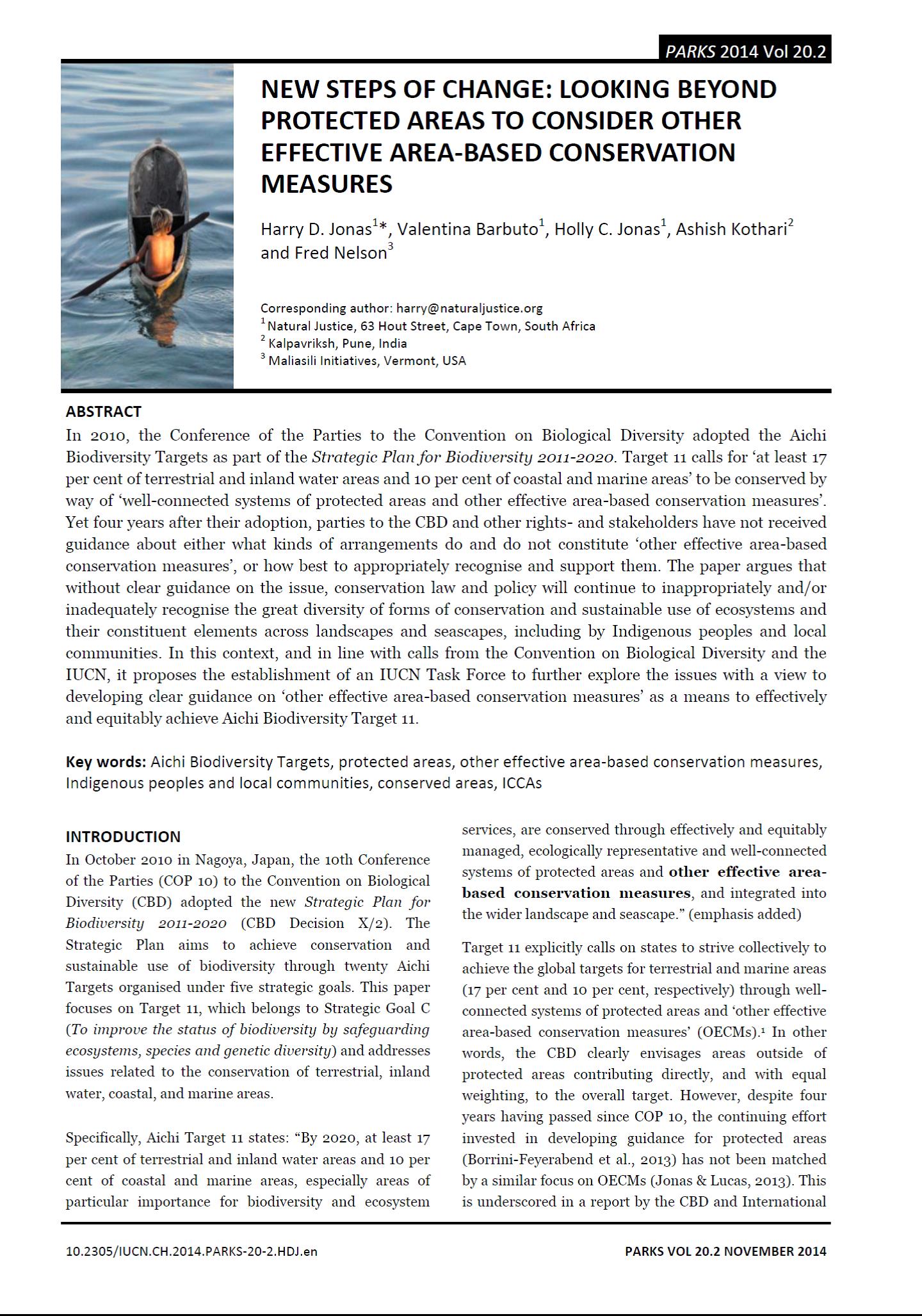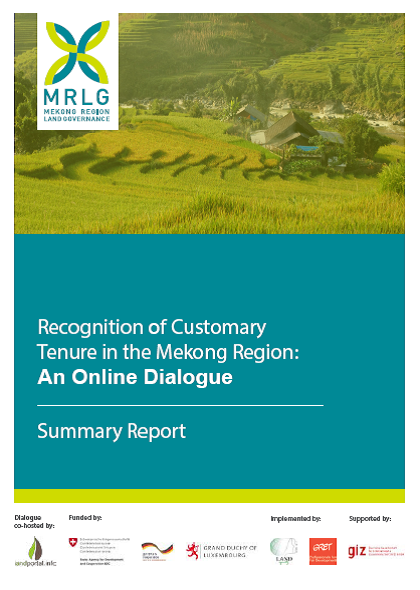Camps, children, chemicals, contractors & credit: field observations of labour practices in plantations & other social developments in Savannakhet and Champasak
Report discusses the labour practices observed and changes in the target communities. It provides detailed summary descriptions of work practices and conditions that are contrasted against key national legal instruments namely the Labour Law. It also identifies a few key emerging developments in the target communities observed in the course of the research. Report was written for Global Association of People and the Environment (GAPE) & Japanese International Volunteer Center (JVC), funded by Oxfam Novib.


